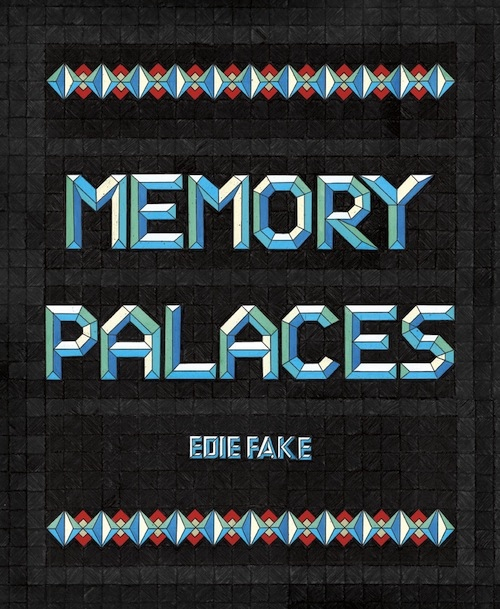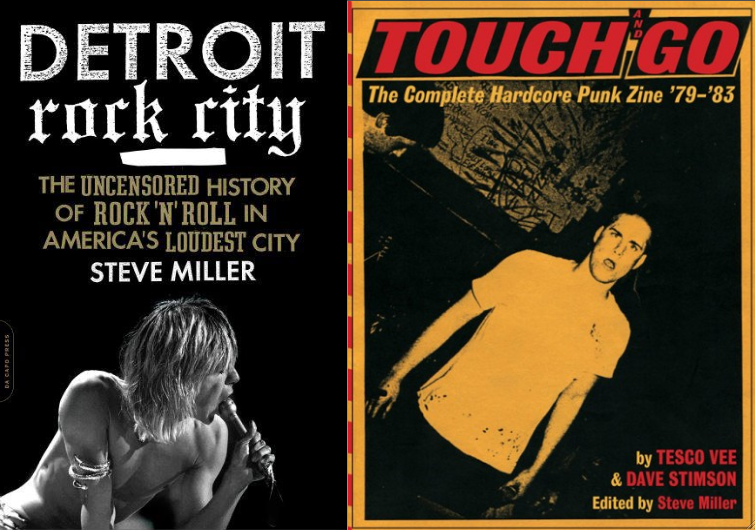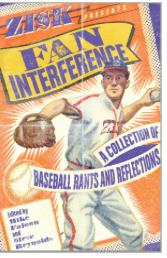David Moscovich: My sense of place is probably more lopsided because of my personal geography — but being a Nebraska boy at root keeps me humble enough. Growing up in my own personal iron curtain as a Romanian-American in Nebraska gave me a sense of aloneness that didn’t disappear until I visited the old country as an adult. How does that translate into my work? I think it keeps experiences relative, and my attempt with Bathtime is to fuel misunderstandings between characters with even greater misunderstandings, to pose the assumptions of American and Japanese cultures in comical juxtaposition with each other. I try to expose the narrator’s biases and preconceptions in Bathtime by allowing him to gaff and to faux pas his way through most situations. In a sense, I tried to create a character who has committed a spiritual crime, a kind of culture-cide, but does not have the conscience to realize it. It torments him but not in the way a Raskolnikov is tormented.
Q: Flash fiction is a literary medium that seems to fit well with our times. Short, punchy, quick to get your attention. What draws you to shorter narratives? Are they more approachable in our temporally fractured culture?
DM: The way the story tells the story has to be more immediate in short fiction. I want to say more with less, and I also revise obsessively. It’s not that I am always drawn to the short form, but often I’ve cut back more than fifty percent of the words. You Are Make Very Important Bathtime is a complete rewrite of a much longer novel that I threw out to rework the voice. I wanted it to be about the voice. I also think of short fiction like punk rock. Put together fifty fast-paced songs and there is a concentrated performance that tells a longer story.
Q: The title of your latest book, You Are Make Very Important Bathtime, reminds me of a dubiously named website, Engrish.com. Translating Japanese to English can be a tenuous, problematic proposition, indeed. How does the central problem of language factor into the story?
DM: You Are Make Very Important Bathtime plays with the notion of weird, broken, unconventional and/or unaccepted grammar as a cause for celebration. Usually without thinking we accept grammar as a set of patterns that are “correct” in any given language without acknowledging that “correct” grammar might be viewed as merely another aesthetic.
Throughout the work is the comma splice, which came from a desire to intentionally circumvent the rules of punctuation and give the sense of reading each story in one long breath. The Japanese language also allows for females to refer to themselves by name. A character, Kimiko, says to the narrator: Kimiko loves okonomiyaki. These types of peculiarities fascinate me, like the fact that it’s possible to hold an entire conversation in Japanese without the use of a subject.
Language teachers might berate a student for collocational fumbles or syntactical mishaps but language itself loves errors and to me it sounds like poetry. Japanese is a very flexible tongue. Switch around verbs and nouns and leave out subjects, still we are understood. Languages are transforming, living beings, the long tentacles of cultures they are attached to. My attempt is to embrace all of it, to fully love the flexible grammar out there.
In one of the stories, a certain beer menu reads, “Please Choose the Drunk.” It’s incredible how much impact a single letter can have. And that is part of the book, this enormous potential that lies within the playing and shifting of letters.
Q: How has teaching shaped your point of view of writing? Do you ever picture your students as your audience or are you their audience?
DM: The goal for me is to marry writing and teaching by channelling them in a state of urgent transmission. Writing happens from a necessity of expression, as Rilke would have it. The delineation between teaching and the performance behind the writing disappears. That is the ideal — to share completely and selflessly what has worked for me as a writer, and equally so, what has not worked.
Q: Much of your work has a performance or performed component. You’ve done radio broadcasts and musical collaborations in addition to your live readings. Do you consider these performances to be separate and complete or a necessary companion to the written work you make?
DM: I like to think they compliment each other but ideally each stand alone. They are also different mediums. If a person prefers reading without the social aspect necessary for performance they can read instead. What I’m trying to do with the live performance is to offer something from my work that a reader cannot get just holding the book. But even within reading a written story to oneself there are so many possibilities. Any book could be read in a non-linear fashion as well as the traditional way from the first story to the last. You Are Make Very Important Bathtime was designed as a book to be read in any and every order whatsoever. The sequence offered in the book as published could be thought of as a “serving suggestion.” The reader sets the table.










